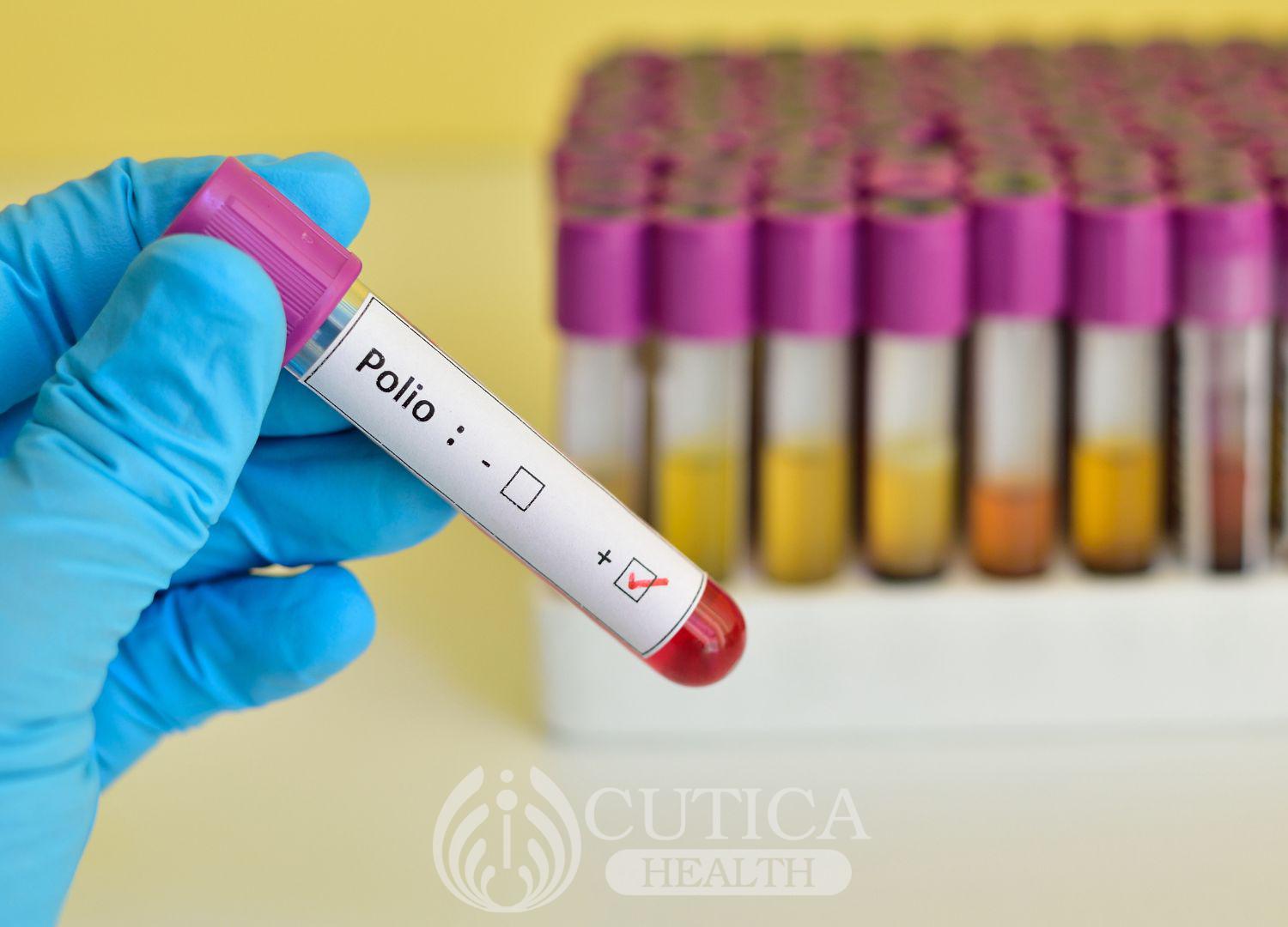
Pius has just returned from work to see his son with rashes all over his body. Jake told him there was kid in the class that came with a similar rash the week before, and soon enough many kids in his class started coming down with the same type of rashes.
Measles is a highly contagious infection caused by the measles virus. Measles is an airborne infection, spread from person to person via coughs and sneezes of infected people. You can catch measles through direct contact with mouth or nasal secretions of an infected person.

Although measles is common in children, it can happen in any age; it can even cause more severe symptoms in adults. It is imperative to diagnose the disease early to stop it from spreading to others.
What are the symptoms of measles?
The symptoms of measles typically begin about 10-14 days after contracting the virus. It commonly presents with the following symptoms:
- Fever that lasts about a week
- Cough
- Nasal congestion and sneezing
- Red eyes
- Itchy rashes around the body
- Pink spots inside the mouth

The characteristic rash seen in measles usually starts after the fever begins. It typically starts on the back of the ears, and then spreads to the head and neck before moving to other parts of the body.
Measles is a dramatic infection, in that it could spiral out of control if the complications are not treated early on. Common complications that could arise from measles include:
- Diarrhea or passing loose or watery stools
- Chest infection due to the virus infecting and damaging the lungs
- Ear infection
- Meningitis
- Infection of the eyes (corneal ulceration)
These complications result from the measles virus spreading and infecting other organs of the body and making it easy for bacteria to also infect the same organs. The common causes of death in measles if not treated properly or early enough are pneumonia and diarrhea.
Treatment of Measles
There is no specific antiviral to treat measles. After recognizing that the rash is caused by measles, your healthcare provider will place you on mainly supportive treatment, including cough medicines, painkillers, and possibly intravenous fluids. Treatment of complications like bacterial infection and severe diarrhea is important.

However, preventing measles is way more important. The most important way of preventing the infection is to get vaccinated. The measles vaccine (available as the Measles-Mumps-Rubella vaccine) is given in 2 doses in childhood up to three months apart, beginning when they are 12 months old.
Adults can also receive the measles vaccine if they had missed it in childhood.
Other tips to preventing measles infection include:
- Hand hygiene: Washing your hands regularly cannot be overemphasized. If you had picked up the virus upon touching a contaminated surface, regular hand washing gets rid of it. Wash with soap and water or use an alcohol-based hand gel. Washing with only water does not get rid of bugs.
- Cough hygiene: Cover your mouth and nose when you cough or sneeze. Use disposable items, such as tissues or wipes, to clean or cover your mouth and nose after your cough and sneeze.
Avoid close contact with an infected person: You lower your risk of contracting it by avoiding close contact with an infected person. An infected person can spread the virus even days after the rash disappears.

Measles is a highly contagious infectious disease that is spread through air droplets. Lower your risk today; get the measles vaccine, practice hand and cough hygiene, and avoid close contact with anyone who’s got it.












